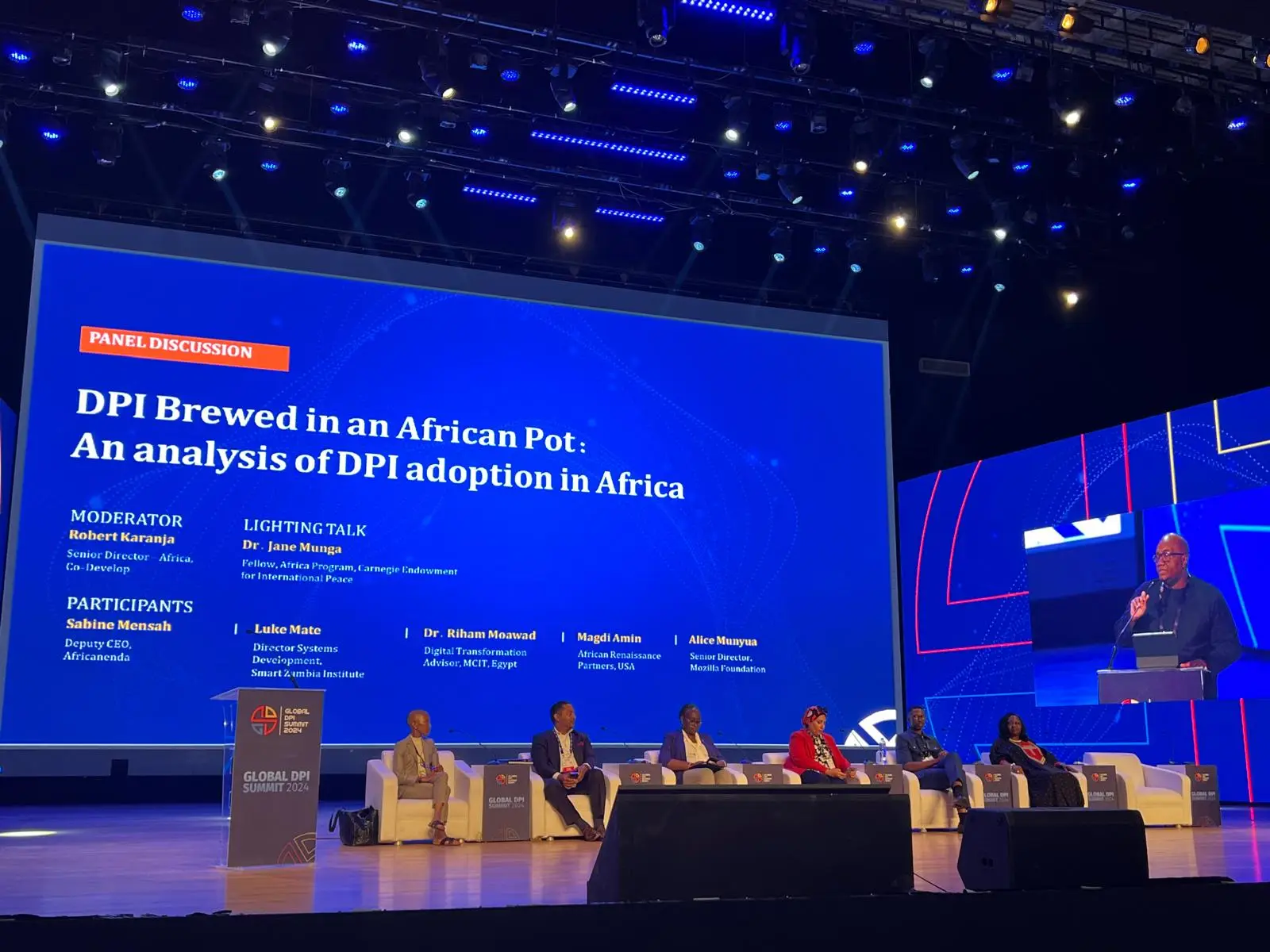Paving the Path to Sustainable Development
The Global DPI Summit, held from October 1-3, 2024, brought together representatives from over 100 countries, creating a rich platform for dialogue, knowledge exchange, and collaboration across government, private industry, and civil society. The focus was clear: harnessing the power of safe, inclusive, and resilient DPI to accelerate progress toward the Sustainable Development Goals (SDGs). The summit, hosted in Cairo, Egypt, emphasized Africa’s leading role in adopting and implementing DPI marked an important moment in the continent’s digital future.
Africa’s DPI journey is rooted in innovation and bold leadership, with countries across the region showcasing their significant strides in digital transformation. From creating robust digital ecosystems to advancing public services through cutting-edge technology, some African nations are emerging as pioneers of DPI, aligning their progress with global initiatives and local needs.
The Role of DPI in Africa’s Sustainable Development
The summit highlighted how African countries are driving progress in building DPI, emphasizing its role in developing inclusive economic growth, improving public service delivery, and empowering communities through digital access. Acknowledging the continent’s unique challenges, such as infrastructure gaps and limited last-mile connectivity, African leaders demonstrated their commitment to overcoming these obstacles with innovative solutions tailored to their environments.
One key theme throughout the summit was the need for Africa to prioritize the development of local digital ecosystems. These ecosystems are vital for innovation, supporting local entrepreneurs, and ensuring that digital solutions are not only imported but also created and adapted within the continent. African governments, in partnership with the private sector and civil society, are creating enabling policies and investments that will allow these ecosystems to thrive.
Seven Keys for Africa’s DPI Future
The Global DPI Summit identified seven key areas, or “Big Bets,” that will shape the future of DPI implementation in Africa:
African Leadership in DPI
A number of African nations are already leading the way in DPI, with countries such as Kenya, Nigeria, and Rwanda demonstrating the transformative potential of digital public infrastructure. These countries are investing in digital identity systems, e-governance platforms, and digital payment solutions, which are improving access to essential services such as healthcare, education, and financial inclusion. The summit underscored the importance of continued investment in DPI, as well as the need for regional cooperation to ensure that Africa’s digital transformation is both sustainable and inclusive.
One standout example is Kenya’s success in deploying digital financial systems that have revolutionized mobile payments and financial inclusion. Likewise, Nigeria’s efforts to build a robust digital identity system are helping to bridge the digital divide, giving millions of citizens access to essential services. These countries are not just embracing DPI—they are setting global benchmarks for how to implement it effectively and inclusively.
Strategic Partnerships for Africa’s Digital Future
The Global DPI Summit was also a catalyst for forging new partnerships between African nations, international organizations, and private sector entities. These partnerships are crucial in providing the technical expertise, funding, and policy support needed to scale DPI across the continent. By leveraging these collaborations, Africa can continue to lead the global conversation on digital transformation, ensuring that DPI serves as a force for good in achieving the SDGs.
A Promising Future
The Global DPI Summit was a success, underscoring the pivotal role of Africa in shaping the future of digital public infrastructure. Africa’s digital transformation is already in motion, poised to revolutionize how governments deliver services, how businesses operate, and how societies function.
With a promising future ahead, Africa’s leadership in DPI is capturing global attention.



